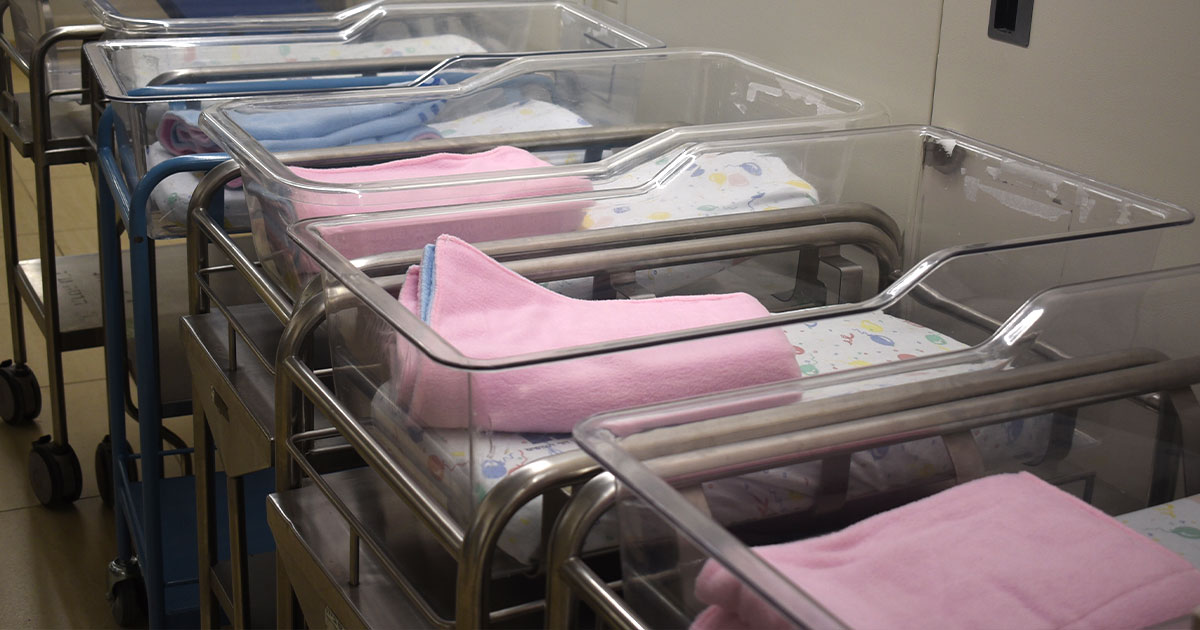During Hadassah’s live public briefing on October 19, Olivia Goldschmidt, a journalist in Argentina and member of Young Hadassah International, interviewed Estelle Rubinstein, head of social work at the Hadassah Medical Organization, about the mental health services being provided through Hadassah’s hospitals as the war continues. The following is an excerpt from their conversation.
What type of mental health services are being provided at Hadassah, and who is receiving them?
The [initial] trauma of family members is that desperate search for their loved ones, and the quicker and more efficiently that we can do that process and give them answers is important for future mental health…. And that was what our wonderful team of social workers did throughout Saturday, throughout [last] Saturday night, into Sunday. The second part starts after patients, the injured, have been identified, family members are here, the doctors have spoken with everyone who has to be spoken to, and then we provide broad psychosocial care for all the injured and their family members, together with our psychologists, together with our psychiatrists when necessary, and together with mental health officers from the army for the injured soldiers.
How is the level of trauma impacting patients and how are these services distinct from what you typically provide?
I think the important thing here is that the current situation is impacting not only of course on those injured in the hospital, but all the other patients as well. I’ve been in this country for 40 years, none of us have ever seen a situation like this. There is a public event that is initially the mass casualty event of that Saturday, Sunday, and now it has become a personal, private family event. Each family has their own history and their own limitations and strengths. And this is true not only of the injured themselves, but also other patients here whose families have been impacted by this catastrophe.
What has the response by the social workers and other mental health professionals been in treating these patients?
The commitment of the staff here, the way that people mobilized immediately. We don’t need a telephone system where one calls the next one and calls the next one, people are here. And the more experienced ones teach the younger ones …. The other side of it is we’re professionals and we’re also participants. Most of our young social workers have husbands and brothers and friends who’ve been called up into the army. The older ones, like myself, have children and son-in-laws in the army, so the response is both professional and personal at the same time.
Is there one patient story that particularly sticks out that you would like to share?
There is a woman of about 64 who was hospitalized in our Internal Medicine Department, a regular, ordinary patient. And her daughter was missing from the party in the south .… She was hospitalized on Sunday, she has a chronic lung illness .… And this last Saturday, a week later, our social workers had to come in, together with the army, to notify her that the body of her daughter had been identified. She’s not one of the “injured.” She’s not counted in the numbers of those who are in our hospital and being treated because of the war that we’re dealing with now. And this was heart-rending and the staff was so kind and so wonderful. And that’s an example: it’s not just the people who were physically injured. It’s the terrible stories, the terrible losses. And they all happen in the context of people’s lives and their relationships.



.svg)





